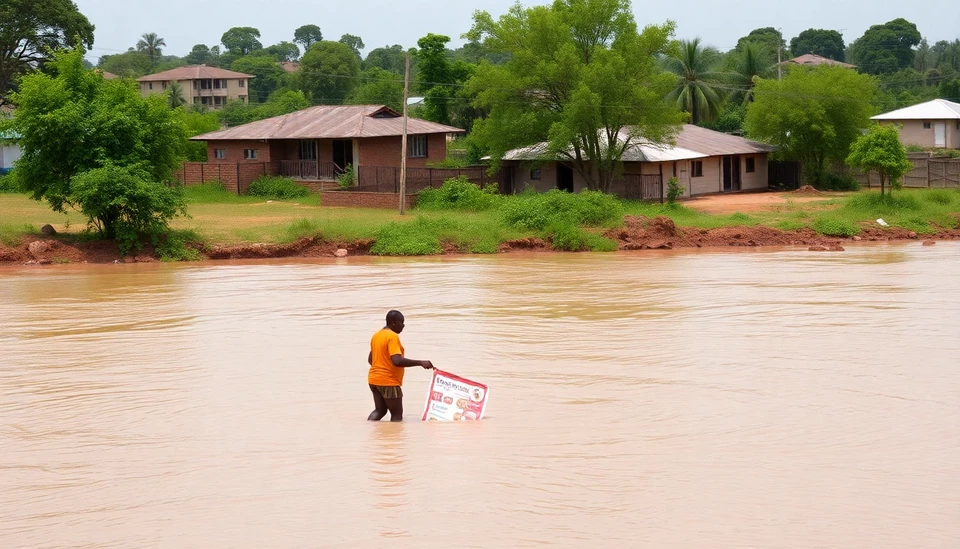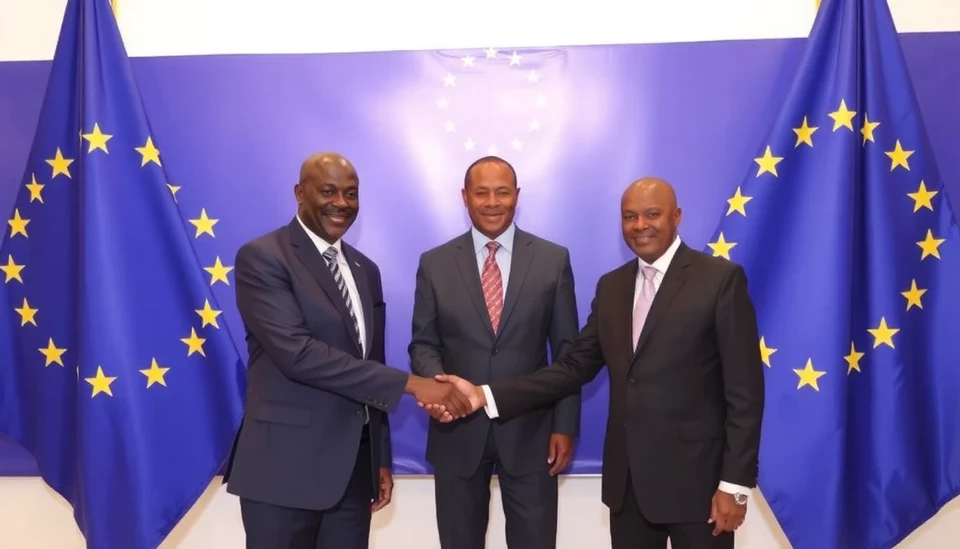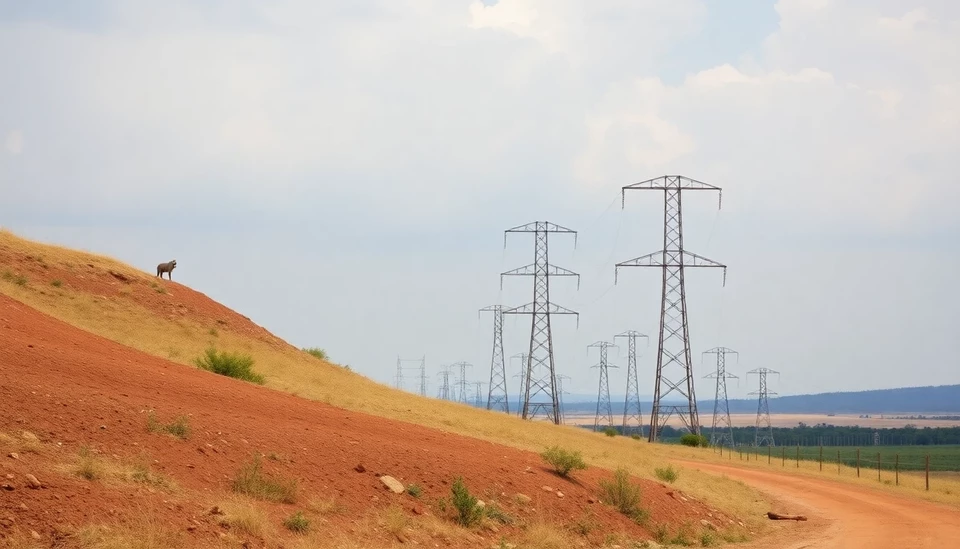
The World Bank has revised its economic growth forecast for Kenya, citing the significant impact of recent flooding and ongoing civil unrest. The growth outlook for 2024 has been slashed from an earlier estimate, with the new projections reflecting a challenging environment for the East African nation.
In its latest report, the World Bank pointed out that heavy rainfall has led to widespread flooding in various regions of Kenya, wreaking havoc on agriculture, infrastructure, and the livelihoods of millions. The floods have not only destroyed crops but have also hampered the transportation of goods, contributing to heightened inflation and food insecurity.
Compounding these issues, Kenya has also witnessed a wave of protests, primarily driven by public discontent over rising living costs and perceived government inaction. The civil unrest has disrupted daily life and economic activities, further complicating the government's efforts to stabilize the situation. Local businesses have reported losses due to unrest-related closures, and the uncertainty surrounding the protests has deterred potential foreign investments.
The World Bank's revised forecast now anticipates Kenya’s economy to grow at a reduced rate of 5.2% in 2024, a drop from 6.1% previously projected. This adjustment underscores the complicated interplay of environmental challenges and socio-political tensions that the country is currently facing. The report emphasized the need for urgent action to mitigate the effects of climate change, improve disaster preparedness, and foster social cohesion.
Looking ahead, the World Bank has suggested that it is crucial for the Kenyan government to implement effective policies that tackle both the immediate effects of the flooding and the underlying socio-economic issues fueling public discontent. The agency also advocated for improved infrastructure investments and enhanced support for vulnerable communities to help them recover from the effects of the flooding.
In conclusion, while the Kenya’s long-term growth potential remains intact, the short-to-medium-term outlook is marked by uncertainties, largely due to the compounded impact of environmental disasters and civil unrest. Stakeholders are keenly observing how the government responds to these challenges in the coming months, as its actions will be pivotal in shaping the nation’s economic trajectory.
#Kenya #WorldBank #EconomicForecast #Flooding #Protests #ClimateChange #EconomicGrowth
Author: Laura Mitchell




